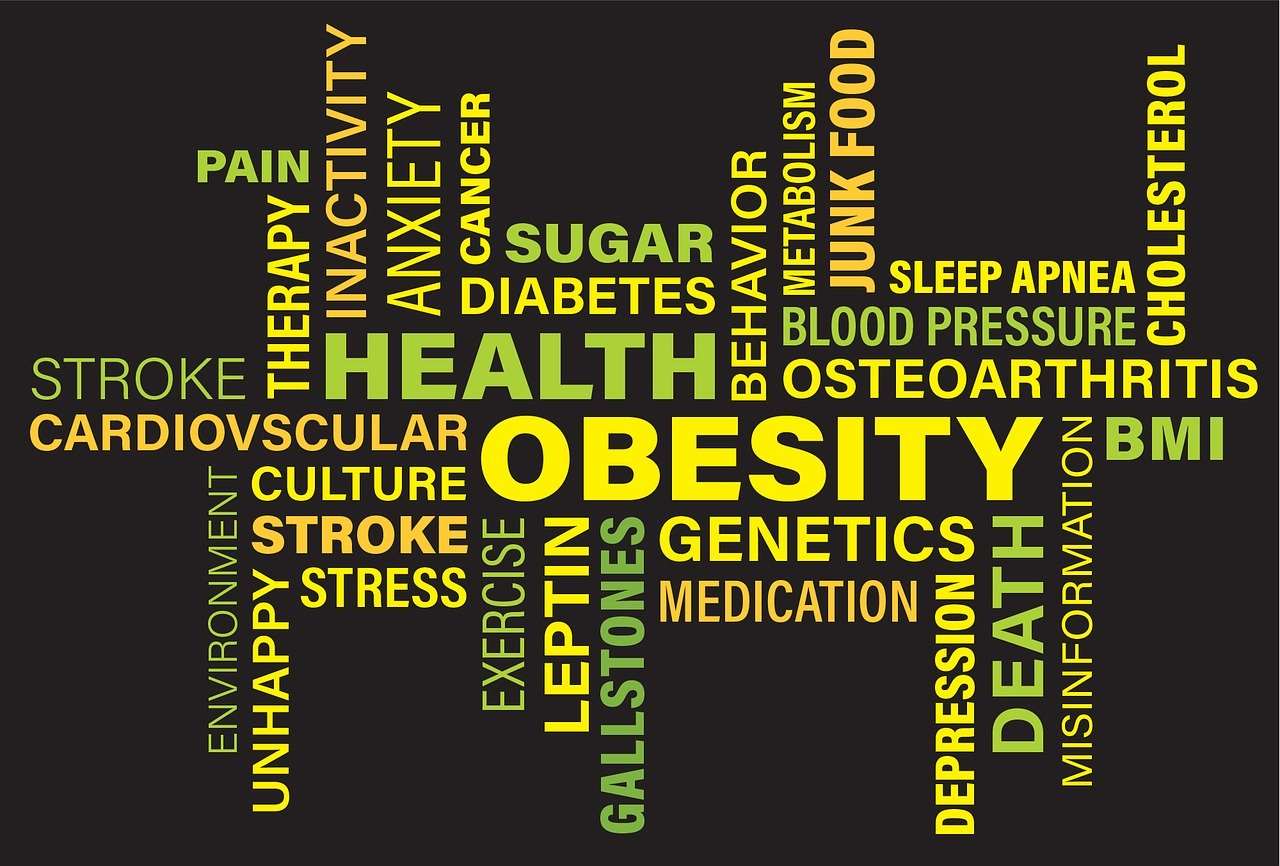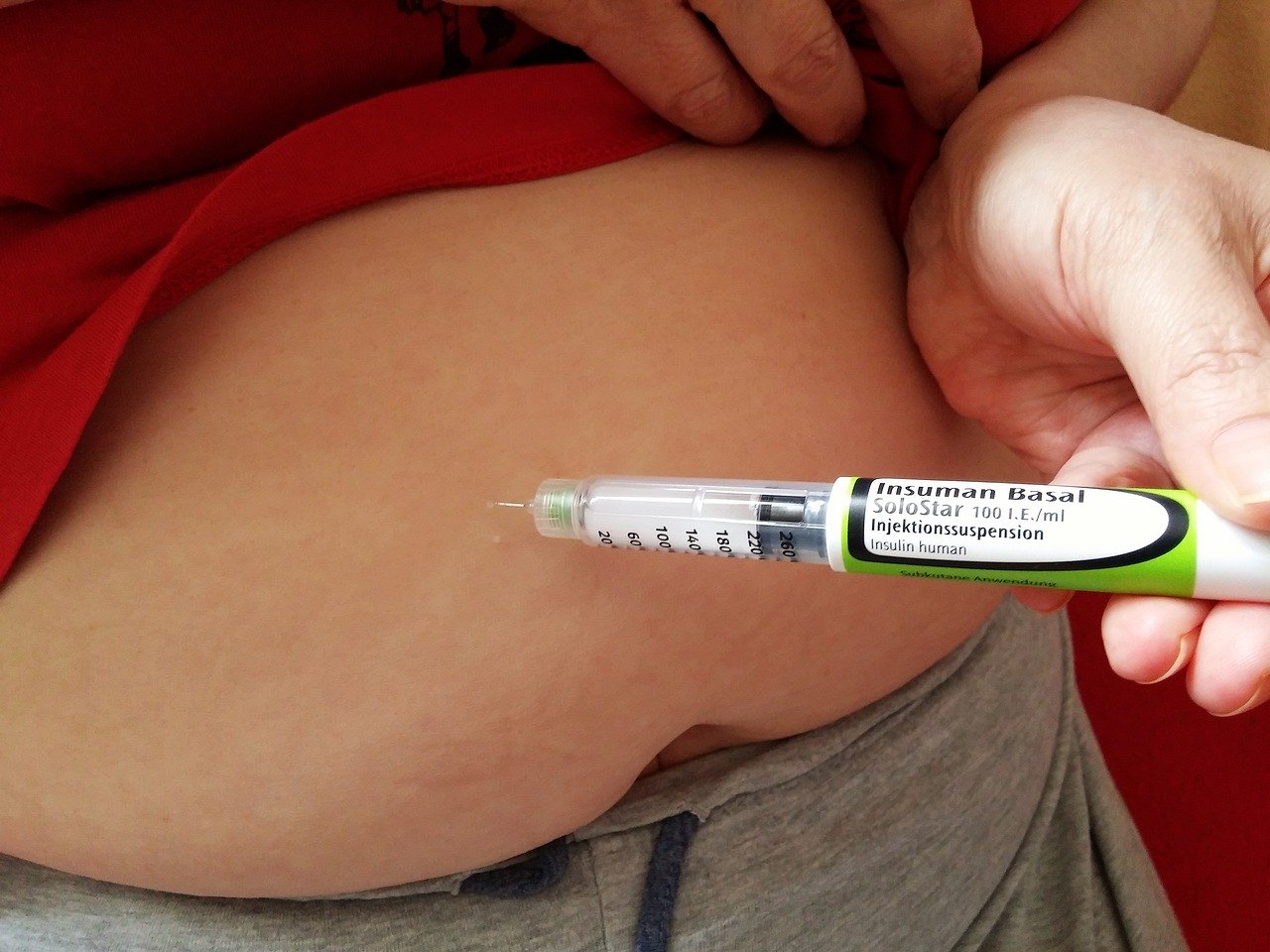Last Updated on December 27, 2023 by Alexander Sennuga

There can’t be a better time to understand the important causes of diabetes than now.
The rationale for this is often that diabetes is increasingly becoming a global pandemic. It’s spreading everywhere on the planet despite all the frantic efforts to regulate, arrest, or find a cure. There is a well-liked saying that for many diseases, including diabetes, the cure is within the cause. Thus, if we find them to be the cause, we stand an honest chance of curing a disease.
To shed some light on this issue, this post will intimately discuss the causes of the common sorts of diabetes. As you know, the three are type 1, type 2, and gestational diabetes.
Allow us to dive in…
The True Causes of Diabetes
The exact cause of most types of diabetes is unknown. In all cases, sugar builds up in the bloodstream. This is because the pancreas doesn’t produce enough insulin. Both type 1 and type 2 diabetes may be due to a combination of genetic or environmental factors.
Source: (mayoclinic.org)
Type 2 diabetes makes up over 90% of diabetes cases worldwide, so it might be discussed first of all. It starts with pre-diabetes when the extent of blood glucose has not reached the diagnosis level. In other words, what causes type 2 also causes pre-diabetes before the latter gets worse to the extent of the previous.
Too much glucose circulating in your bloodstream is one of the main causes of diabetes, regardless of the type. However, the reason why your blood glucose levels are high differs depending on the type of diabetes.
Causes of diabetes include:
- Insulin resistance: Type 2 diabetes mainly results from insulin resistance. Insulin resistance happens when cells in your muscles, fat, and liver don’t respond as they should to insulin. Several factors and conditions contribute to varying degrees of insulin resistance, including obesity, lack of physical activity, diet, hormonal imbalances, genetics, and certain medications.
- Autoimmune disease: Type 1 diabetes and LADA happen when your immune system attacks the insulin-producing cells in your pancreas.
- Hormonal imbalances: During pregnancy, the placenta releases hormones that cause insulin resistance. You may develop gestational diabetes if your pancreas can’t produce enough insulin to overcome insulin resistance. Other hormone-related conditions, like acromegaly and Cushing syndrome, can also cause Type 2 diabetes.
- Pancreatic damage: Physical damage to your pancreas — from a condition, surgery, or injury — can impact its ability to make insulin, resulting in Type 3c diabetes.
- Genetic mutations: Certain genetic mutations can cause MODY and neonatal diabetes.
Long-term use of certain medications can also lead to Type 2 diabetes, including HIV/AIDS medications and corticosteroids.
Source: [my. cleveland]
Causes of type 2 diabetes
There are six well-known causes of type 2 diabetes:
1. Diet

Diet is essentially what is considered the foremost thing that causes type 2 diabetes. Not paying adequate attention to healthy eating habits often results in the disease. Type 2 diabetes is linked to the consumption of processed foods. These foods are rich in refined carbohydrates. Samples of these are biscuits, bread, cakes, chocolates, pudding, and ice creams.
I would like to mention here that a lot of people make genuine mistakes when selecting foods from the shelves. They check only the sugar content on food labels and ignore the carbohydrate content. They have the mindset that only sugar causes blood sugar spikes. This is often wrong! Carbohydrates themselves break down into sugar!
So, if you’re one of these people, you may try to do more. Always search for the carbohydrate content on food labels as well, going forward.
2. Obesity

It is well known that being overweight or obese easily causes type 2 diabetes. Studies show that 60–80% of diabetics tend to be overweight or obese. Excess fat prevents insulin from working properly. The more adipose tissue within the body, the more resistant the muscle and tissue cells become to insulin. Older people often tend to gain weight over time.
So, many of them develop a light sort of diabetes (pre-diabetes). And when this is not controlled, it can lead to type 2 diabetes.
3. Stress and tension

Life is filled with pressure, resulting in stress and tension. This is often one of the explanations for the prevalence of type 2 on Earth. Science shows that there’s a connection between stress and diabetes mellitus.
What causes stress for so many?
Grief and worry often lead to stress. Do you know that anxiety and nervousness during examinations can be stressful? What of the death of a beloved or loss of one sort of joy or the other? How about the effects of business failures or strained marital relationships?
In short, life is hugely stressful. These can impact human metabolism by causing blood glucose spikes.
4. Smoking

It’s not a secret that smoking is a popular risk factor for type 2 diabetes. Consistent with studies, the danger of developing diabetes is 50% higher for men. For women, the danger is 40% higher.
5. Lifestyle Risk

Less active people are at a higher risk of developing type 2 diabetes. It is now far easier to work as a result of technology and other modern conveniences. Yet, physical activity and exercise can help the body achieve the following:
- control body weight towards attaining the right body mass index (BMI)
- use a lot of glucose (sugar) present in the body as energy
- make body cells more sensitive to insulin
6. Heredity

The very fact that diabetes (type 1 and type 2) has genetic origins for some people isn’t new. We had thought that heredity risk was greater than that of body weight (BMI). But a recent study has proved that we were wrong. BMI may be a stronger predictor of type 2 diabetes, no matter heredity.
Family history of the disease? Yes. Then there is a greater risk of developing diabetes. The danger is 25 – 33% more.
But, even with the genetic effect, it is within one’s power to control or prevent type 2 diabetes in the first place.
What this suggests is that the heredity chain is often broken through preventive measures at an early age.
Causes Type 1 Diabetes

The cause of the disease isn’t well documented.
The exact cause of type 1 diabetes is unknown. Usually, the body’s immune system, which normally fights harmful bacteria and viruses, destroys the insulin-producing (islet) cells in the pancreas. Other possible causes include:
- Genetics
- Exposure to viruses and other environmental factors
The Role of Insulin
Once a large number of islet cells are destroyed, the body will produce little or no insulin. Insulin is a hormone that comes from a gland behind and below the stomach (pancreas).
- The pancreas puts insulin into the bloodstream.
- Insulin travels through the body, allowing sugar to enter the cells.
- Insulin lowers the amount of sugar in the bloodstream.
- As the blood sugar level drops, the pancreas puts less insulin into the bloodstream.
The Role of Glucose
Glucose—a sugar—is a main source of energy for the cells that make up muscles and other tissues.
- Glucose comes from two major sources: food and the liver.
- Sugar is absorbed into the bloodstream, where it enters cells with the help of insulin.
- The liver stores glucose in the form of glycogen.
- When glucose levels are low, such as when you haven’t eaten in a while, the liver breaks down the stored glycogen into glucose. This keeps glucose levels within a typical range.
In type 1 diabetes, there’s no insulin to let glucose into the cells. Because of this, sugar builds up in the bloodstream. This can cause life-threatening complications.
An auto-immune response attacking the insulin-producing cells (islets) could be a cause. A virus infection may be another cause. The disease is additionally, to some extent, inherited.
When the glucose uptake into the body cells is reduced, it leads to the following: The accumulation of glucose in the blood will happen. Then, the subsequent physiological effects occur:
- The body’s cells do not get enough fuel for the work they must do.
- The molecular thickness (osmolality) of the blood increases. This causes water to pull out of the body tissues and into the blood. The tissues thus dry out, and urine production increases.
- Then, the body tissues begin to break down protein and fat to get energy. This results in weight loss and muscular reduction.
Source: [mayoclinic.org]
Causes of Diabetes in Pregnancy

Gestational diabetes occurs when your body can’t make the extra insulin needed during pregnancy. Insulin, a hormone made in your pancreas, helps your body use glucose for energy and helps control your blood glucose levels.
During pregnancy, your body makes special hormones and goes through other changes, such as weight gain. Because of these changes, your body’s cells don’t use insulin well, a condition called insulin resistance. All pregnant women have some insulin resistance during late pregnancy.
Most pregnant women can produce enough insulin to overcome insulin resistance, but some cannot. These women develop gestational diabetes.
Source: [niddk]
Who is at risk for gestational diabetes?
Gestational diabetes can develop in anyone during pregnancy. But people over the age of 25 who are of South and East Asian, Hispanic, Native American, or Pacific Island descent are at a higher risk.
Other factors that may increase your chances of GD include:
- Heart disease.
- High blood pressure.
- Inactivity.
- Obesity.
- Personal or family history of GD.
- Polycystic ovary syndrome (PCOS).
- Previous birth of a baby weighing nine pounds (lb) or more.
- Prediabetes (history of higher-than-normal blood glucose).
Source: [my. cleveland]
Conclusion
The causes of type 1, type 2, and gestational diabetes are discussed here. Therefore, the following should be the takeaway:
- The causes of diabetes type 1 are not well known. However, the usual explanation is that it is due to an autoimmune attack on the pancreas. It can be due to genetics as well.
- The causes of type 2 diabetes are well known. There are 2 high-risk factors. These are the wrong lifestyles (including stress) and unhealthy dietary habits. And to some extent, it can be hereditary.
- Gestational diabetes causes are also not quite clear. But what we know is that it is an insulin resistance problem. The extra insulin needed during pregnancy is not available, which can cause the disease. The disease usually disappears after childbirth, anyway.
Do you know of other causes of diabetes? Please share them in the comments section.
FAQ
Q: What are the causes of diabetes?
A: The causes of diabetes can vary, but they generally involve a combination of genetic and lifestyle factors. Some key factors that contribute to diabetes include unhealthy eating habits, a lack of physical activity, obesity, a family history of diabetes, and certain medical conditions.
Q: Can genetics cause diabetes?
A: Yes, genetics can play a role in the development of diabetes. If you have a family history of diabetes, your risk of developing the condition increases. However, it’s important to note that genetics alone do not determine whether someone will develop diabetes, as lifestyle factors also have a significant impact.
Q: How does an unhealthy diet contribute to diabetes?**
A: An unhealthy diet, especially one high in refined sugars and carbohydrates, can contribute to the development of diabetes. Consuming excessive amounts of sugary beverages, processed foods, and snacks can lead to weight gain, obesity, and insulin resistance, increasing the risk of diabetes.
Q: Does physical inactivity increase the risk of diabetes?**
A: Yes, a sedentary lifestyle and a lack of physical activity can increase the risk of developing diabetes. Regular exercise helps control weight, improves insulin sensitivity, and lowers the risk of developing type 2 diabetes. Engaging in moderate-intensity activities such as brisk walking, cycling, or swimming can be beneficial.
Q: How does obesity relate to diabetes?
A: Obesity is closely linked to the development of diabetes. Excess body weight, especially around the abdomen, can lead to insulin resistance and impaired regulation of blood sugar levels. Losing weight through a healthy diet and regular exercise can significantly reduce the risk of developing diabetes.
**Q: Are there any medical conditions that can cause diabetes?**
A: Yes, certain medical conditions can increase the risk of diabetes. Conditions such as polycystic ovary syndrome (PCOS), gestational diabetes during pregnancy, and pancreatic disorders can contribute to the development of diabetes. It’s important to manage these conditions effectively to minimise the risk.
Q: Can stress be a cause of diabetes?
A: While stress itself may not directly cause diabetes, it can contribute to the development of the condition. Prolonged or chronic stress can lead to unhealthy coping mechanisms such as overeating, lack of physical activity, and poor sleep patterns, which can increase the risk of developing diabetes.
Q: How does age affect the risk of diabetes?
A: Age is a significant risk factor for diabetes. The risk of developing type 2 diabetes increases with age, especially after the age of 45. This is primarily due to the cumulative effects of unhealthy lifestyle habits and the natural decline in insulin sensitivity that occurs as we get older.
Q: Can certain ethnicities be more prone to diabetes?
A: Yes, certain ethnicities have a higher predisposition to diabetes. People of African, Hispanic, Native American, and Asian descent are more prone to developing diabetes compared to other ethnic groups. Genetic factors, cultural dietary patterns, and lifestyle habits specific to these populations can contribute to this increased risk.
Q: How can I reduce my risk of developing diabetes?
A: You can reduce your risk of developing diabetes by adopting a healthy lifestyle. This includes maintaining a balanced diet rich in fruits, vegetables, whole grains, and lean proteins; engaging in regular physical activity; maintaining a healthy weight; managing stress levels; and getting regular check-ups to monitor your blood sugar levels.
Remember, while these FAQs provide general information about the causes of diabetes, it’s always important to consult a healthcare professional for personalised advice and guidance related to your specific situation.
Very Important: Please note that all information we provide on this site is for educational purposes only. They are not for medical advice, diagnosis, or treatment.
So, please consult your doctor and/or a registered dietitian or nutritionist for any professional advice. Do this before applying any of the information about your health issues.

